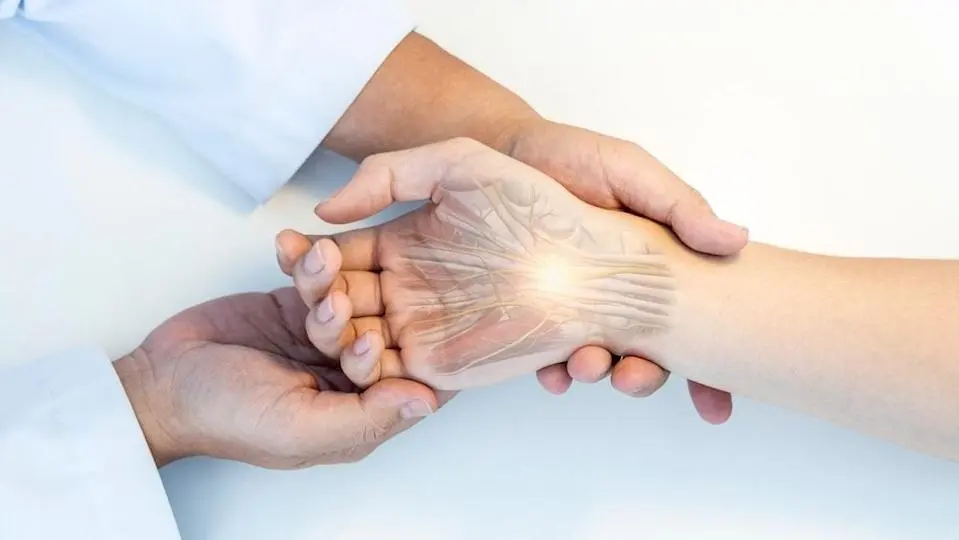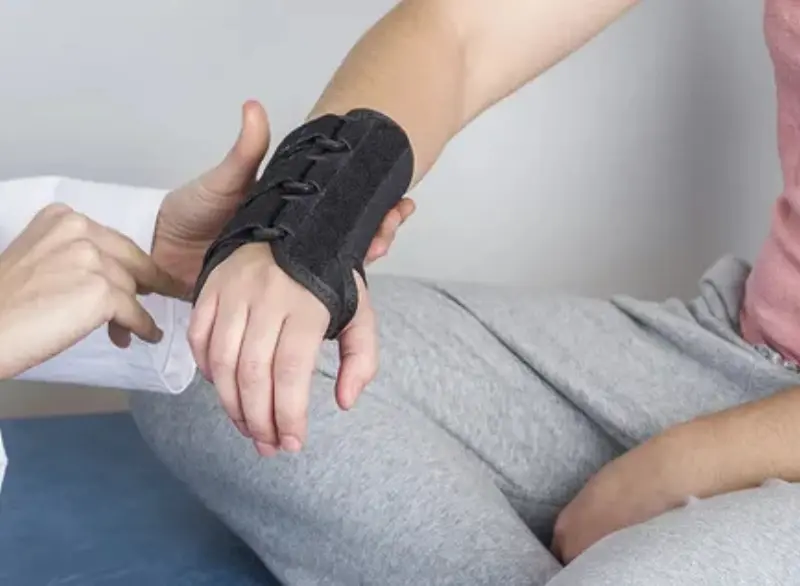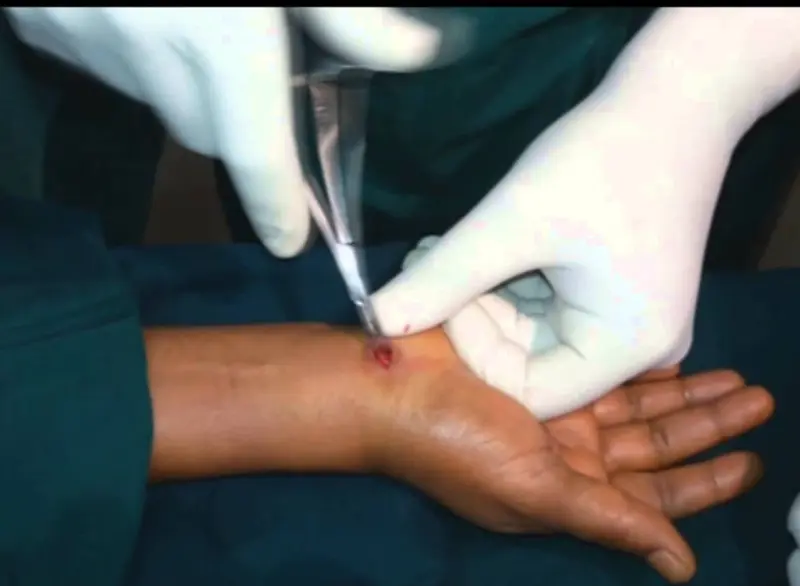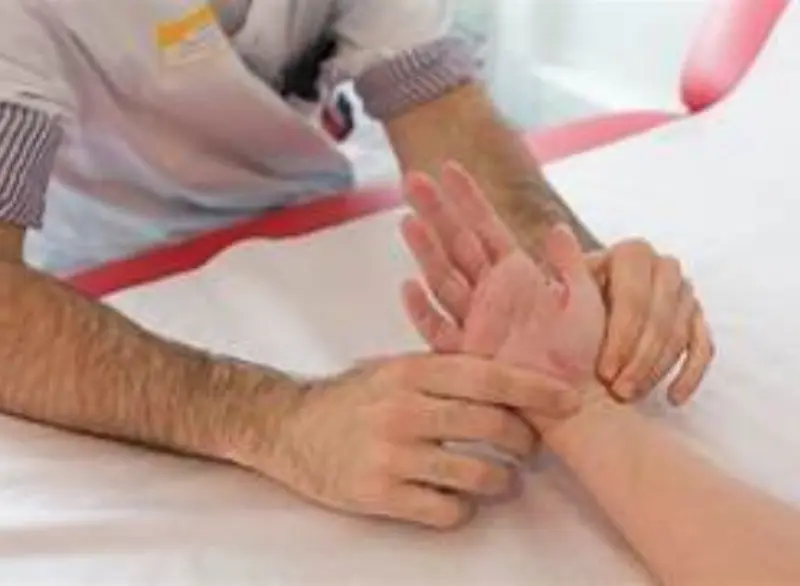Carpal tunnel syndrome
Lowcost Surgicals provides effective, minimally invasive solutions for Carpal Tunnel Syndrome—helping you regain hand strength, relieve pain, and improve daily functionality.
- Home
- Service
- Carpal tunnel syndrome

Descriptions
Carpal Tunnel Syndrome (CTS) occurs when the median nerve is compressed at the wrist, causing numbness, tingling, and weakness in the hand. It’s a common condition among people who perform repetitive hand motions, such as typing or assembly line work.
At Lowcost Surgicals, we offer comprehensive diagnosis and treatment options — ranging from wrist braces and steroid injections to endoscopic release surgery. Our focus is to relieve nerve pressure and restore full hand function with minimal downtime.
At Lowcost Surgicals, we offer comprehensive diagnosis and treatment options — ranging from wrist braces and steroid injections to endoscopic release surgery. Our focus is to relieve nerve pressure and restore full hand function with minimal downtime.
Conditions Treated
- Carpal Tunnel Syndrome
- Repetitive Strain Injury (RSI)
- Median nerve compression
- Wrist tendon inflammation
- Numbness and weakness in fingers
Tests and Treatments Offered
- Nerve conduction studies (NCS)
- Electromyography (EMG)
- Ultrasound imaging
- Wrist splinting and corticosteroid injections
- Carpal Tunnel Release Surgery (Open or Endoscopic)
Special Offer on Carpal Tunnel Syndrome
Actual Price
₹55,000
₹45,000/- Only
Estimated Stay: 1 Day
Book Appointment
How it works
Procedure and Process Treatment





Free Your Hands from Pain
Don’t let Carpal Tunnel Syndrome affect your work or quality of life. At Lowcost Surgicals, our expert care ensures fast relief and long-term hand function. Begin your recovery journey with us — where comfort meets advanced care.
Frequently Asked Questions
Understanding your options for Carpal Tunnel Syndrome is crucial to making informed decisions. Below are answers to common patient questions at Lowcost Surgicals.
Symptoms include tingling, numbness, and weakness in the hand, especially in the thumb and first three fingers. A proper diagnosis requires physical exams and nerve studies.
No. Many patients find relief with non-surgical treatments like splints, rest, and steroid injections. Surgery is recommended when symptoms are severe or persistent.
Most patients resume light activities within 1–2 weeks. Full recovery and grip strength may take 4–6 weeks depending on the procedure and your job type.


